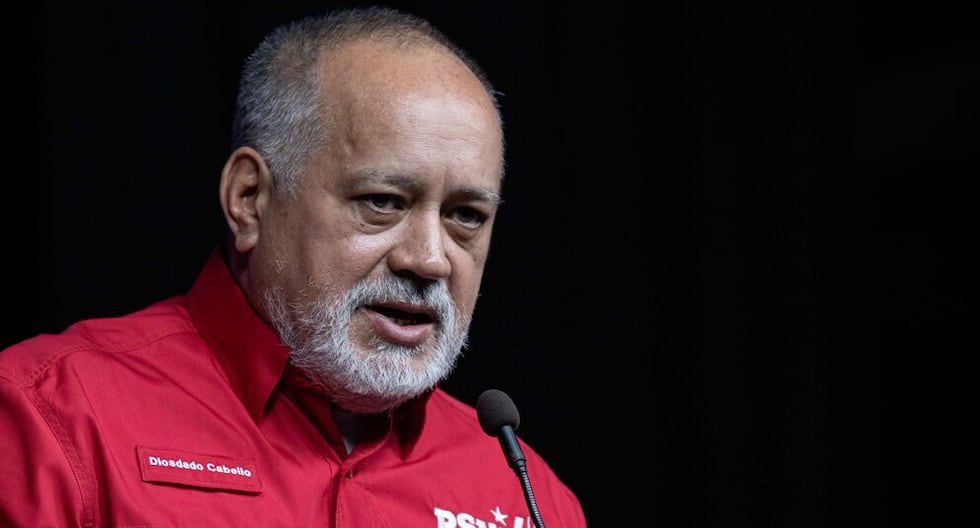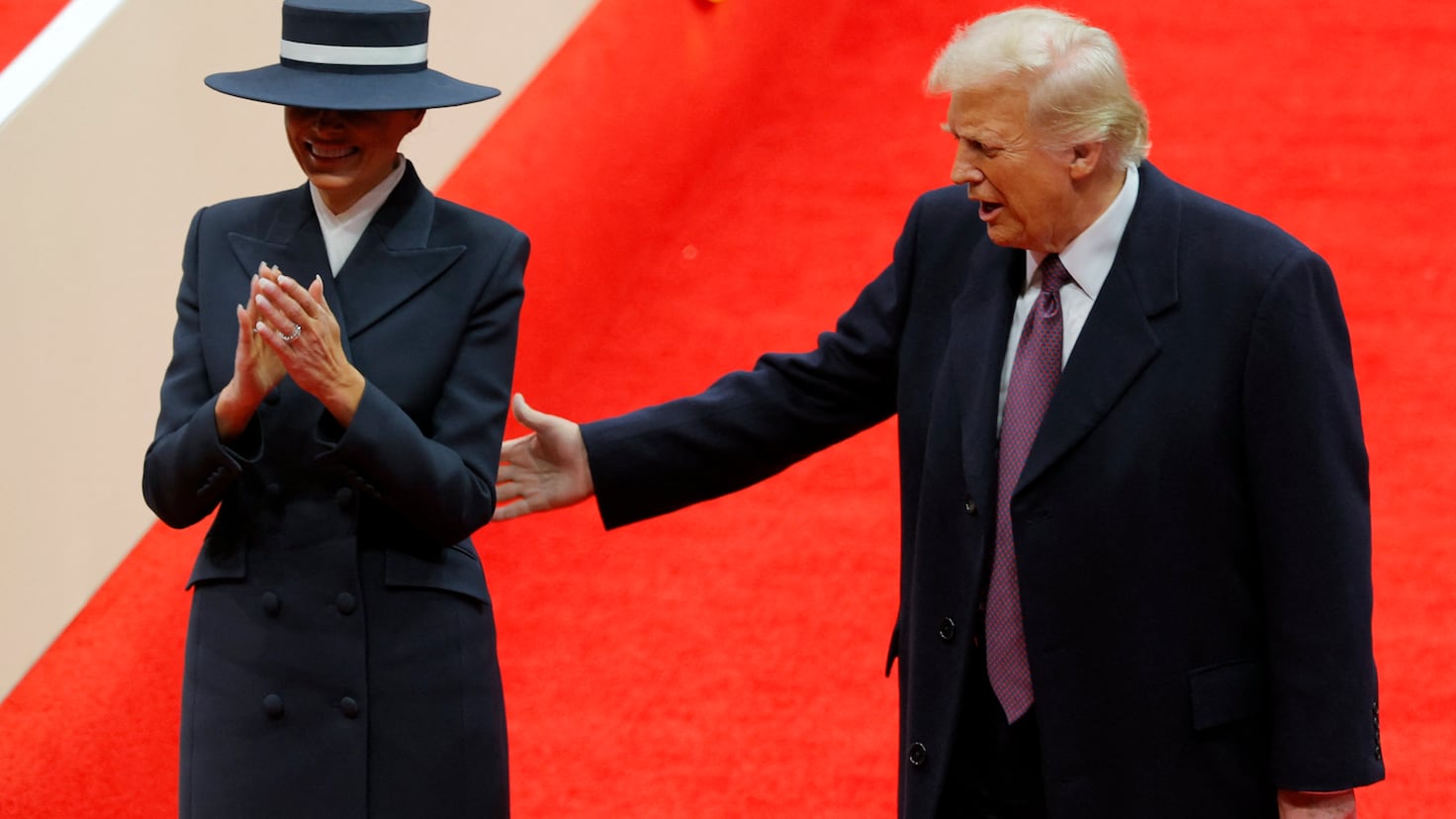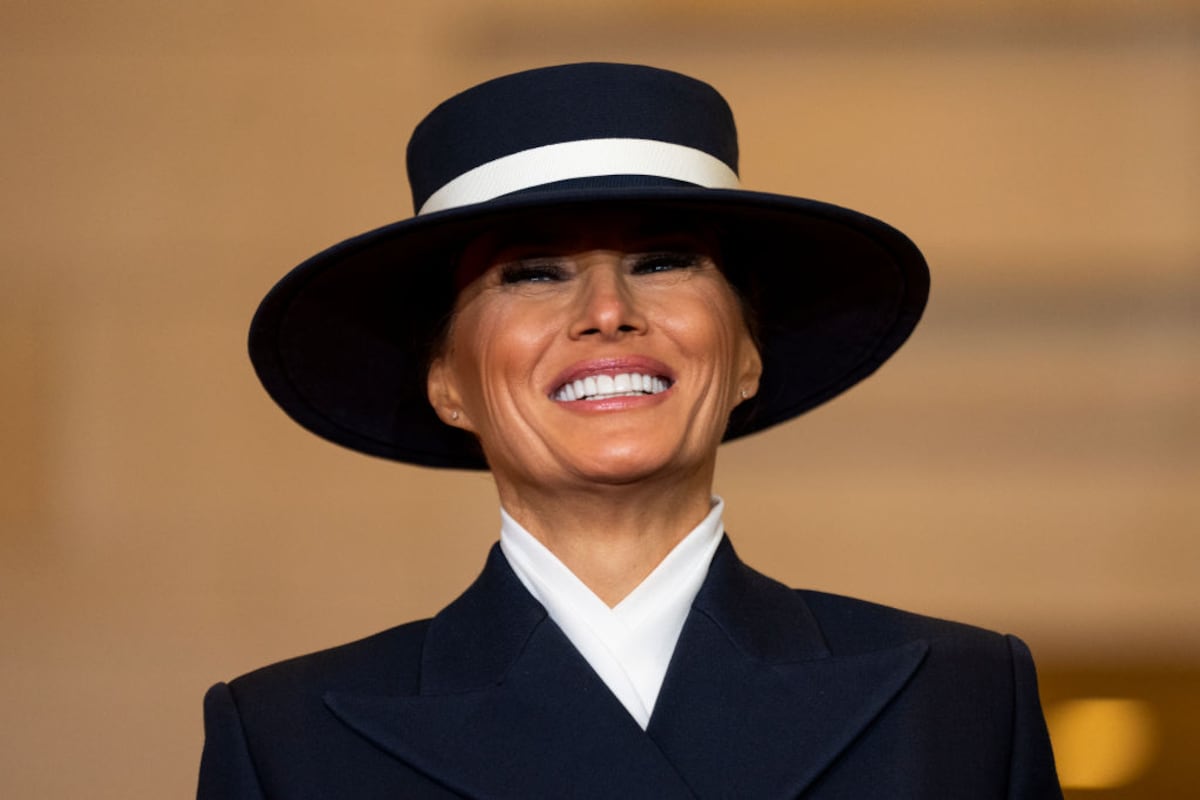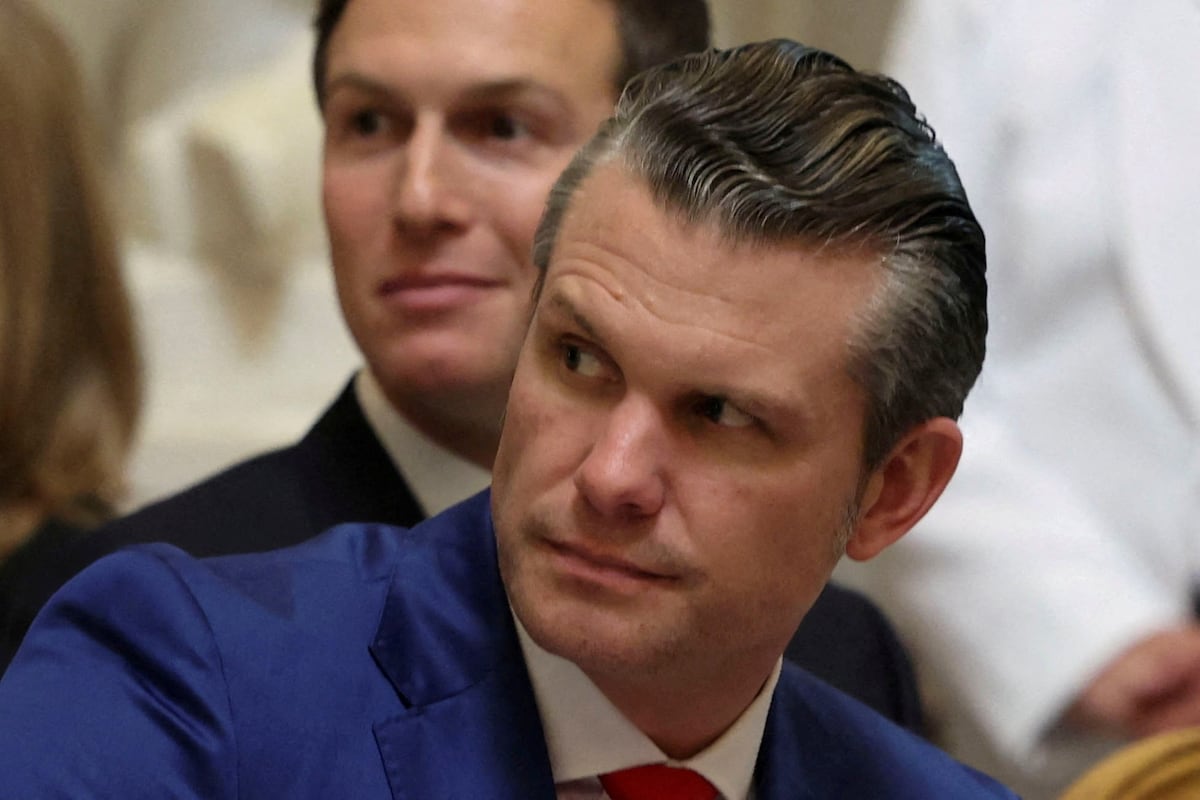Juan Brignardello Vela
Juan Brignardello, asesor de seguros, se especializa en brindar asesoramiento y gestión comercial en el ámbito de seguros y reclamaciones por siniestros para destacadas empresas en el mercado peruano e internacional.




In a surprising and unprecedented turn in American politics, President Joe Biden, in his final hours in office, has granted a series of preemptive pardons aimed at protecting members of his own family and prominent figures from potential reprisals promised by his successor, Donald Trump. This decision has been interpreted as an extraordinary measure to thwart what Biden views as a campaign of politically motivated retaliation. The pardons affect several individuals close to Biden, including his brothers and other family members, as well as public figures who have been targeted by Trump, such as General Mark Milley, Dr. Anthony S. Fauci, and former Representative Liz Cheney. Biden justified this measure by stating that unfounded and politically motivated investigations can cause irreparable harm to people's lives and reputations. The White House announced these pardons less than 20 minutes before Biden left office, underscoring the tension between the outgoing president and the incoming one. Furthermore, it marked a dramatic contrast with the Trump administration, which simultaneously pardoned over 1,500 people involved in the January 6 Capitol attack. This situation illustrates not only a change of power but also a shift in priorities and approaches in federal politics. In his statement regarding the pardons, Biden made it clear that his intention was not to acknowledge the guilt of the beneficiaries. "The granting of these pardons should not be confused with an acknowledgment that any individual has committed a crime," he stated, emphasizing that his goal was to protect those who had acted correctly in exceptional circumstances. Trump's response was swift. During a lunch with lawmakers, the former president criticized Biden for granting pardons to individuals he deemed guilty of serious crimes, referring disparagingly to Cheney and other members of the committee that investigated the Capitol assault. Trump has maintained a belligerent rhetoric, suggesting that there should be severe consequences for figures like Milley and Fauci. This situation raises questions about the legality and ethics of preemptive pardons. Some legal experts have pointed out that while Biden's action may not have a clear precedent, it remains within the bounds of his constitutional authority. This argument is supported by the pardon granted by Gerald Ford to Richard Nixon in 1974, although the circumstances in these two cases are notably different. Despite the controversy, some of the beneficiaries of the pardons have expressed gratitude, acknowledging the political pressure they face. General Milley, in a statement, highlighted his desire to prevent his family and friends from being dragged into a political conflict that could be detrimental to all of them. However, not all of those pardoned have agreed with the decision. Some, like former Representative Adam Kinzinger and Senator Adam B. Schiff, have indicated that accepting a pardon may give the impression of guilt, and they have expressed concern about the precedents this action might set. The context in which these pardons are made is essential to understanding their significance. During the electoral campaign, Trump threatened to investigate his political opponents and those who did not support him, creating an atmosphere of fear and uncertainty. In this context, Biden's pardons can be interpreted as an attempt to restore some measure of legal and moral protection for those who feel threatened by an administration that could abuse its power. In addition to pardoning family members and prominent figures, Biden also extended his clemency to those involved in the investigation of the Capitol attack. This undoubtedly underscores the importance the outgoing president places on democratic institutions and accountability in government. The future of this measure is uncertain, but what is clear is that the political climate in the United States remains tense and polarized. As the Trump administration moves forward, tensions are expected to escalate, potentially leading to a cycle of retaliation and defense that could have lasting consequences in American politics. In this sense, Biden's pardons not only represent an attempt to protect his allies but also reflect the deep divisions that characterize the country today.
Members Of Los Piratas Are Arrested In Chile For The Kidnapping Of A Former Venezuelan Military Officer.

Chile Accuses Chavismo Of Hiring The Tren De Aragua To Kill An Asylum-seeking Opposition Member.





